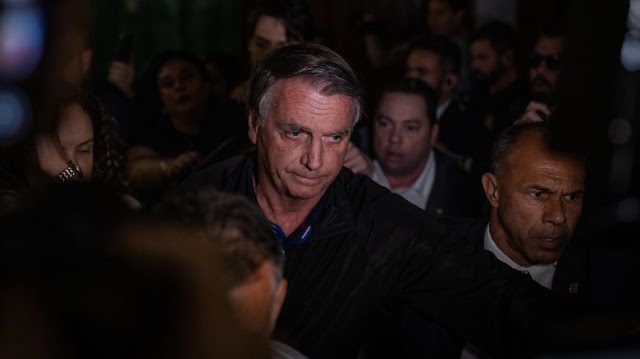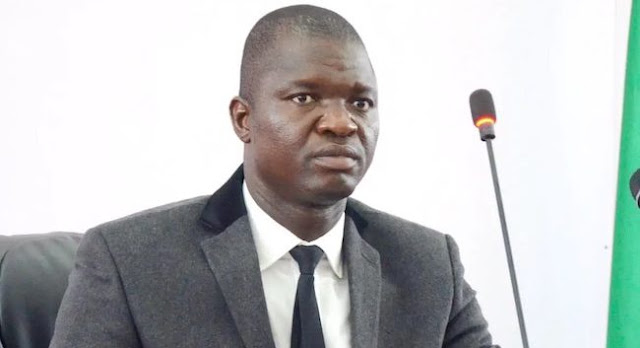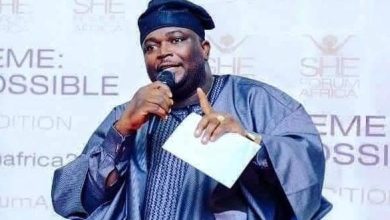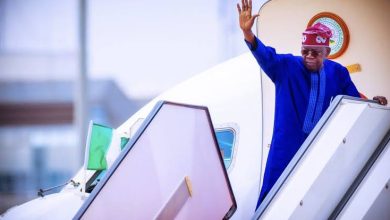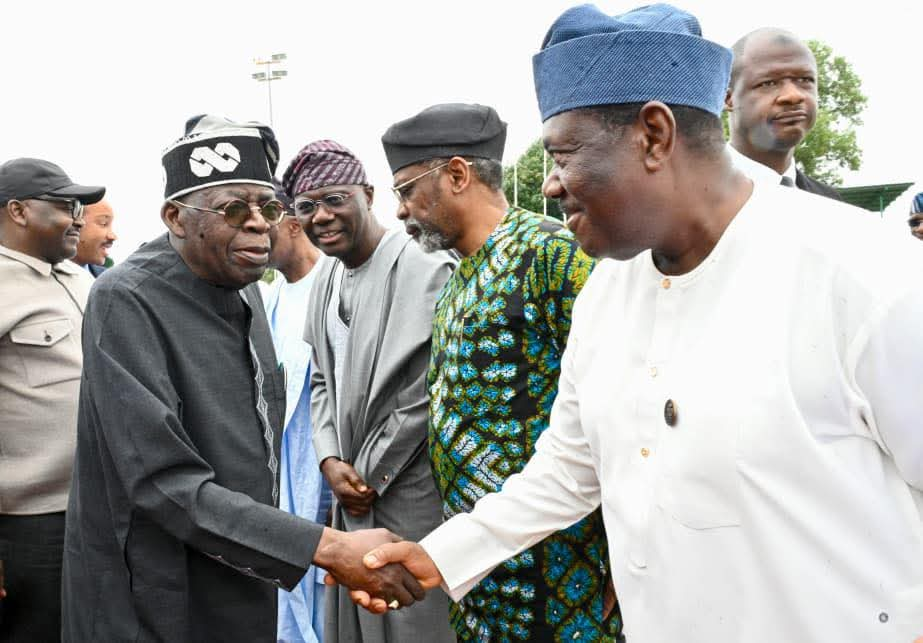On September 2, 2025, Brazil’s Supreme Court opened a landmark trial against former President Jair Bolsonaro, a polarizing figure whose tenure and subsequent actions have reshaped the nation’s political landscape. Bolsonaro, accused of orchestrating a plot to overturn the results of the 2022 presidential election and maintain power, faces charges that could lead to decades in prison. The trial, unprecedented in Brazil’s modern democratic history, is a test of the country’s judicial system and its commitment to democratic principles. Complicating the proceedings is a diplomatic clash with the United States, where President Donald Trump has labeled the prosecution a “witch hunt” and imposed punitive tariffs on Brazilian imports. This article delves into the details of the trial, the allegations against Bolsonaro, the historical and political context, the U.S.-Brazil diplomatic fallout, and the broader implications for Brazil’s democracy and international relations.
The Trial: A Historic Reckoning
The trial began on September 2, 2025, in Brazil’s Supreme Court, located in the capital, Brasília. It is set to unfold over multiple sessions through September 12, before a five-member panel led by Supreme Court Justice Alexandre de Moraes, a central figure in the case. The proceedings are a high-stakes moment for Brazil, a nation that emerged from a military dictatorship in 1985 and has since worked to strengthen its democratic institutions. Bolsonaro, a right-wing populist who served as president from 2019 to 2022, is accused of leading a conspiracy to subvert the 2022 election, which he narrowly lost to leftist President Luiz Inácio Lula da Silva, known as Lula.
The charges against Bolsonaro and seven of his top aides and former ministers are grave. Prosecutors allege that they formed the “nerve center” of a criminal organization intent on dismantling Brazil’s democratic rule. The accusations include attempting to stage a coup d’état, involvement in an armed criminal organization, attempting the violent abolition of the democratic rule of law, and two counts related to destruction of state property. A particularly shocking claim is that the plot involved discussions about assassinating Lula, his vice president, Geraldo Alckmin, and Justice Moraes himself. If convicted, Bolsonaro could face up to 40 years in prison, a sentence that would mark a significant moment in Brazil’s history.
Bolsonaro, who has been under house arrest since August 2025 and is required to wear an electronic ankle monitor, did not attend the trial’s opening session due to health issues, according to his defense team. His lawyers cited debilitating hiccups linked to a 2018 stabbing attack during his presidential campaign, a recurring health concern that has required multiple hospitalizations. Despite his absence, the trial proceeded, with Moraes opening the proceedings by summarizing the sprawling case. The panel, consisting of Moraes and four justices appointed by Lula and his leftist predecessor Dilma Rousseff, will hear evidence, deliberate, and vote on the charges. Defense lawyers may file appeals depending on the outcome, but once these are exhausted, any conviction would lead to enforceable prison terms.
The Allegations: A Plot to Undermine Democracy
The allegations against Bolsonaro stem from events following his defeat in the October 2022 presidential election. According to an 844-page indictment filed by federal police in November 2024, Bolsonaro had “full knowledge” of a multifaceted plan to prevent Lula from taking office on January 1, 2023. The plot allegedly involved sowing doubts about the integrity of Brazil’s electronic voting system, granting the military extraordinary powers, dismantling judicial institutions, and even contemplating extreme measures such as poisoning Lula. Documents seized from Bolsonaro’s party headquarters included chilling references to ensuring “Lula does not walk up the ramp,” a phrase alluding to the ceremonial path to the presidential offices.
The conspiracy is said to have culminated in the January 8, 2023, riots in Brasília, when Bolsonaro supporters stormed the National Congress, Supreme Court, and presidential palace. These events, reminiscent of the January 6, 2021, U.S. Capitol riot, were seen as an attempt to destabilize Lula’s nascent administration. Prosecutors allege that Bolsonaro and his allies encouraged these actions, though he has denied any wrongdoing, claiming the trial is politically motivated. “Have you seen the coup decree, by any chance? You haven’t. Neither have I,” Bolsonaro told journalists in February 2025, dismissing the accusations.
The trial also involves seven co-defendants, including former Defense Minister Walter Braga Netto and former running mate Paulo Sérgio Nogueira. Federal police investigations have pointed to a coordinated effort to spread disinformation about the voting system, a tactic Bolsonaro employed throughout his presidency to cast doubt on electoral processes. Brazil’s top electoral court has already banned Bolsonaro from running for office until 2030 for abuse of power and spreading false claims about the voting system, a ruling that further limits his political future.
Historical Context: Brazil’s Fragile Democracy
To understand the significance of the trial, one must consider Brazil’s historical and political context. The country endured a military dictatorship from 1964 to 1985, a period marked by repression, censorship, and human rights abuses. The transition to democracy was hard-won, with the 1988 Constitution establishing a framework for democratic governance. However, Brazil’s democracy has faced challenges, including corruption scandals, economic instability, and polarization, particularly during Bolsonaro’s presidency.
Bolsonaro, a former army captain, rose to prominence by embracing a nostalgic view of the dictatorship era, praising its leaders and downplaying its abuses. His rhetoric resonated with a segment of the population frustrated by corruption and crime, leading to his 2018 election victory. However, his tenure was marked by divisive policies, environmental controversies, and a controversial handling of the COVID-19 pandemic, which alienated moderates and deepened polarization. His refusal to accept the 2022 election results echoed tactics used by other populist leaders, drawing comparisons to Donald Trump’s actions in the United States.
The January 8 riots were a stark reminder of the fragility of Brazil’s democratic institutions. The trial, therefore, is not just about holding Bolsonaro accountable but about reinforcing the rule of law in a country still grappling with the legacy of authoritarianism. A successful prosecution would signal that even former presidents are not above the law, strengthening Brazil’s democratic credentials. However, it also risks inflaming Bolsonaro’s supporters, who view him as a victim of judicial overreach.
U.S.-Brazil Diplomatic Tensions
The trial has triggered a significant diplomatic crisis between Brazil and the United States, driven by President Donald Trump’s vocal support for Bolsonaro. On July 9, 2025, Trump sent a letter to Lula, calling the prosecution a “witch hunt” and demanding its immediate end. He warned that failure to halt the case would lead to economic penalties, a threat he followed through on by imposing a 50% tariff on Brazilian imports, citing both the trial and Brazil’s treatment of U.S. tech companies. The White House declared a national emergency to justify the tariffs, a move that escalated tensions between the two nations.
The U.S. State Department further condemned the Supreme Court’s order for Bolsonaro’s house arrest, with Secretary of State Marco Rubio announcing visa restrictions against Justice Moraes and other court officials, accusing them of conducting a “political witch hunt.” The U.S. Bureau of Western Hemisphere Affairs posted on X, “Let Bolsonaro speak!” framing the restrictions as an attack on free speech and democracy. These actions have been seen in Brazil as blatant interference in its judicial system, prompting a sharp rebuke from Lula, who called the U.S. measures “unacceptable” and vowed to reciprocate under Brazil’s Law of Economic Reciprocity.
The tariffs, set to take effect in early September 2025, exclude key Brazilian exports like commercial planes and orange juice but affect goods such as coffee and beef, which could raise prices for American consumers. Brazil, which sends only about 11% of its exports to the U.S., may redirect trade to other markets, such as China, but the tariffs nonetheless pose economic challenges. The diplomatic spat reflects Trump’s willingness to use economic leverage to support allies like Bolsonaro, with whom he shares ideological affinities, including skepticism of electoral processes and distrust of institutional norms.
The Role of Alexandre de Moraes
Justice Alexandre de Moraes has emerged as a central and polarizing figure in the trial. Appointed to the Supreme Court by former President Michel Temer in 2017, Moraes has led a high-profile campaign against disinformation, particularly in the wake of the January 8 riots. His orders to block social media accounts linked to the riots and his feud with Elon Musk over X’s compliance with Brazilian regulations have made him a lightning rod for criticism from Bolsonaro’s supporters and international figures like Trump.
Moraes’s involvement in the trial is particularly contentious because he was allegedly a target of the coup plot. His decision to oversee the case has raised concerns about impartiality, though Brazil’s judicial system allows justices to preside over cases involving personal threats. His actions, including ordering Bolsonaro’s house arrest and tightening security measures due to concerns about flight risk, have been praised by Lula’s allies as necessary to protect democracy but condemned by Bolsonaro’s camp as authoritarian overreach.
Domestic and International Implications
The trial’s outcome will have profound implications for Brazil’s political future. A conviction could sideline Bolsonaro permanently, weakening the far-right movement he galvanized. His supporters, who rallied in São Paulo in June 2025 to protest the trial, chanting “Bolsonaro, come back!” remain a potent force. A guilty verdict risks further polarizing an already divided nation, potentially fueling unrest among his base. Conversely, an acquittal could embolden populist challenges to democratic institutions, undermining public trust in the judiciary.
Internationally, the trial has highlighted tensions between sovereignty and foreign influence. Trump’s intervention has drawn parallels to his previous use of tariffs to influence other countries’ policies, such as Colombia’s acceptance of deportees. Lula’s defiance, including his statement that Trump is “not elected to be emperor of the world,” underscores Brazil’s determination to assert its independence. The diplomatic fallout may complicate trade negotiations, particularly as Brazil seeks to maintain its $7.4 billion trade surplus with the U.S.
The trial also raises questions about the role of disinformation in modern democracies. Bolsonaro’s efforts to undermine Brazil’s voting system mirror global trends, from the U.S. to Europe, where populist leaders exploit distrust in institutions. Moraes’s crackdown on disinformation, while controversial, reflects Brazil’s aggressive approach to combating these threats, a model that other democracies may study.
Broader Themes: Democracy, Populism, and Power
The Bolsonaro trial encapsulates broader themes of democracy, populism, and power. It tests Brazil’s ability to hold powerful figures accountable while navigating external pressures. The U.S. tariffs and sanctions against Brazilian officials highlight the challenges of maintaining sovereignty in a globalized world, where economic leverage can be wielded to influence domestic affairs.
Populism, a defining feature of Bolsonaro’s leadership, remains a potent force. His ability to mobilize supporters, even under house arrest, underscores the enduring appeal of his anti-establishment rhetoric. The trial will determine whether Brazil can curb populist threats without alienating a significant portion of its population.
Power dynamics, both domestic and international, are also at play. Within Brazil, the judiciary’s assertiveness under Moraes has sparked debates about the balance between protecting democracy and overstepping judicial bounds. Internationally, the U.S.-Brazil spat reflects a broader struggle between global powers and emerging economies, with Brazil asserting its right to self-determination.
Conclusion
The trial of Jair Bolsonaro, which began on September 2, 2025, is a defining moment for Brazil’s democracy and its place in the world. The allegations of a coup plot, the diplomatic clash with the United States, and the polarizing role of Justice Alexandre de Moraes have elevated the case beyond a legal proceeding to a test of Brazil’s institutional resilience. A conviction could strengthen the rule of law but risks deepening polarization, while U.S. interference underscores the challenges of navigating global pressures.
As the trial unfolds, its outcome will shape Brazil’s political future, influence its international relations, and serve as a case study in the global fight against disinformation and populist threats. For Bolsonaro, once dubbed the “Trump of the Tropics,” the trial is a reckoning that will determine whether his legacy is one of defiance or defeat. For Brazil, it is an opportunity to reaffirm its commitment to democracy while confronting the ghosts of its authoritarian past.


